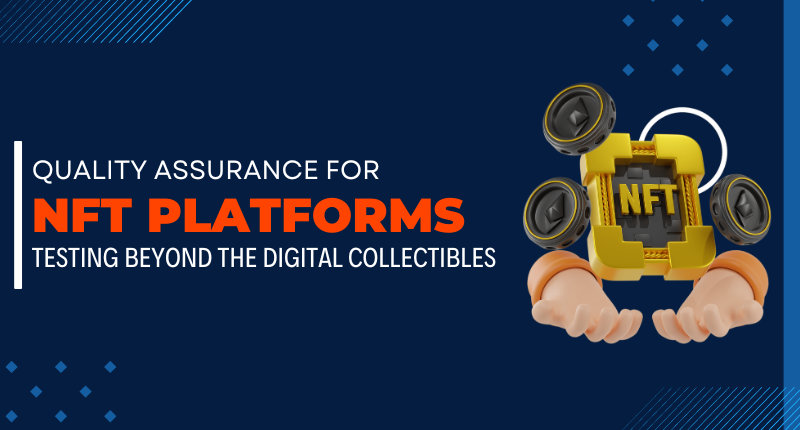In the ever-evolving landscape of blockchain technology, Non-Fungible Tokens (NFTs) have emerged as a transformative force, disrupting industries beyond art and collectibles. These unique digital assets, each with distinct value, have found their way into gaming, music, fashion, and more. With the growing popularity of NFTs, the importance of quality assurance for NFT platforms cannot be overstated.
The NFT Ecosystem
NFT platforms serve as the foundation for creating, buying, and selling NFTs. They are powered by blockchain technology and smart contracts, making them inherently complex systems. While the spotlight often shines on the digital collectibles themselves, the underlying infrastructure deserves equal attention.
The Importance of Quality Assurance
Quality Assurance (QA) in the context of NFT platforms extends far beyond ensuring that digital collectibles look good. It encompasses a wide range of critical aspects that must be rigorously tested to provide a seamless user experience, safeguard security, and ensure scalability.
1. Smart Contract Testing
Smart contracts underpin NFTs. QA teams must rigorously test these contracts for vulnerabilities, ensuring that they are secure and function as intended. Flaws in smart contracts can lead to catastrophic consequences, including the loss of valuable NFTs.
2. User Experience Testing
NFT platforms should be user-friendly. QA teams assess the user interface, navigation, and overall experience to ensure that users can easily create, browse, and trade NFTs. This includes mobile responsiveness and cross-browser compatibility.
3. Security Testing
Security is paramount in NFT platforms. QA experts conduct penetration testing to identify vulnerabilities, protect against hacks, scams, and unauthorized access. Blockchain’s immutable nature demands an extra layer of security scrutiny.
4. Scalability Testing
As NFT platforms gain popularity, they must be prepared to handle increased traffic and transaction volumes. Scalability testing helps identify potential bottlenecks and ensures the platform can accommodate growth without performance degradation.
5. Interoperability Testing
NFTs often need to interact with various blockchain networks and external services. QA teams check that NFTs can function seamlessly in these environments without data loss or corruption.
Challenges in NFT QA
Quality assurance for NFT platforms presents unique challenges. The decentralization and complexity of blockchain systems require QA professionals with specialized knowledge. Additionally, rapid updates and changes in the blockchain space necessitate continuous testing to adapt to evolving standards.
Conclusion
As NFTs continue to permeate various industries, the quality of NFT platforms becomes a critical factor in their success. Thorough quality assurance goes beyond the digital collectibles themselves; it ensures the reliability, security, and scalability of the entire ecosystem.
In the world of NFTs, where value is digital but very real, quality assurance is not just a best practice—it’s an absolute necessity. By prioritizing comprehensive testing, NFT platforms can build trust with users, protect valuable assets, and drive the continued growth of the NFT revolution.
Quality assurance for NFT platforms is an ongoing journey, one that adapts to the ever-changing landscape of blockchain technology. As the NFT ecosystem continues to evolve, so must the methods and strategies employed to ensure its quality and longevity.




